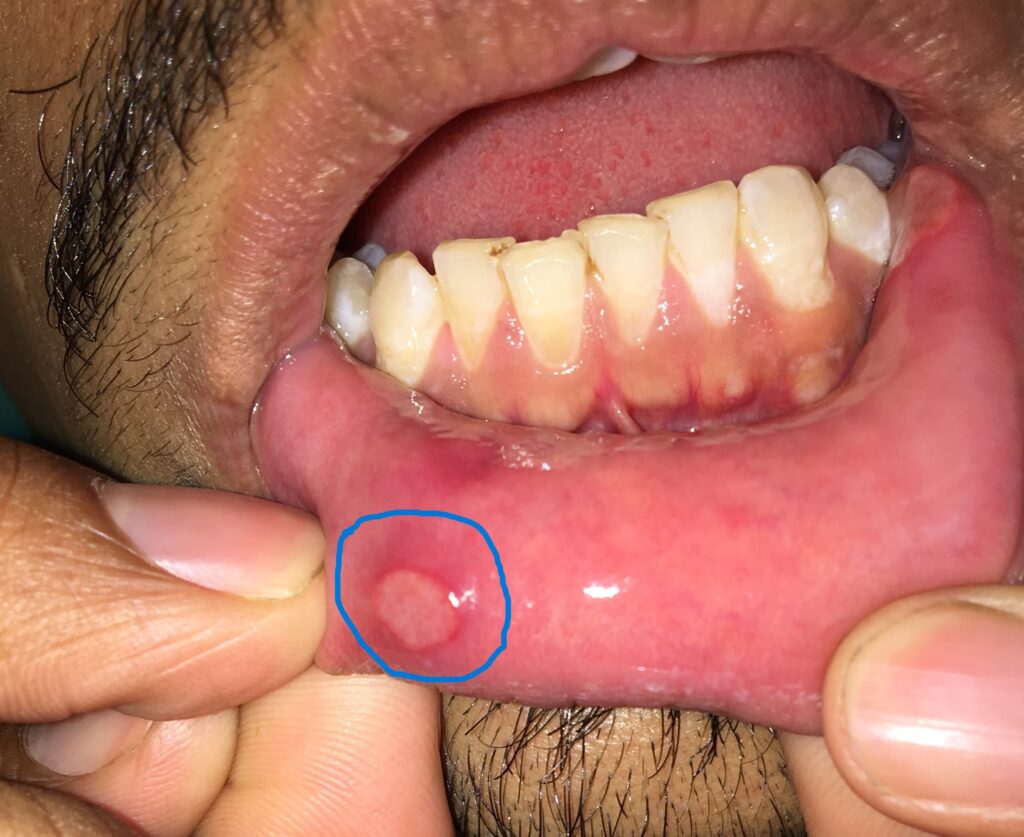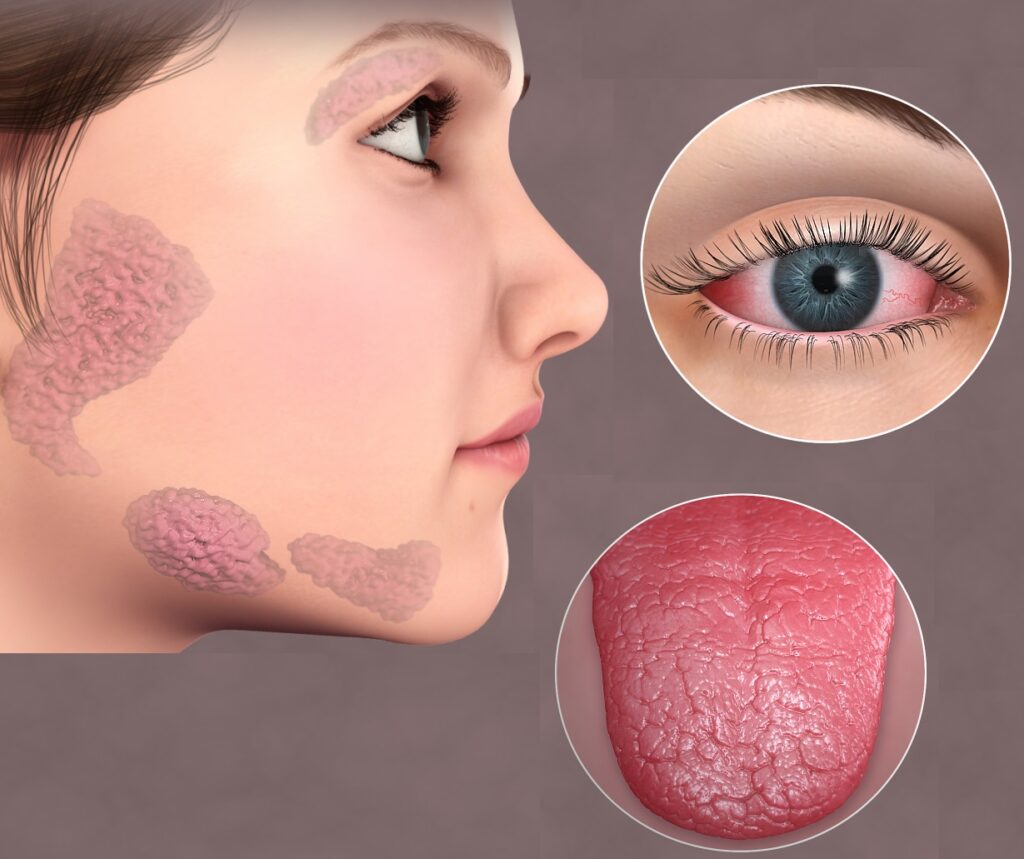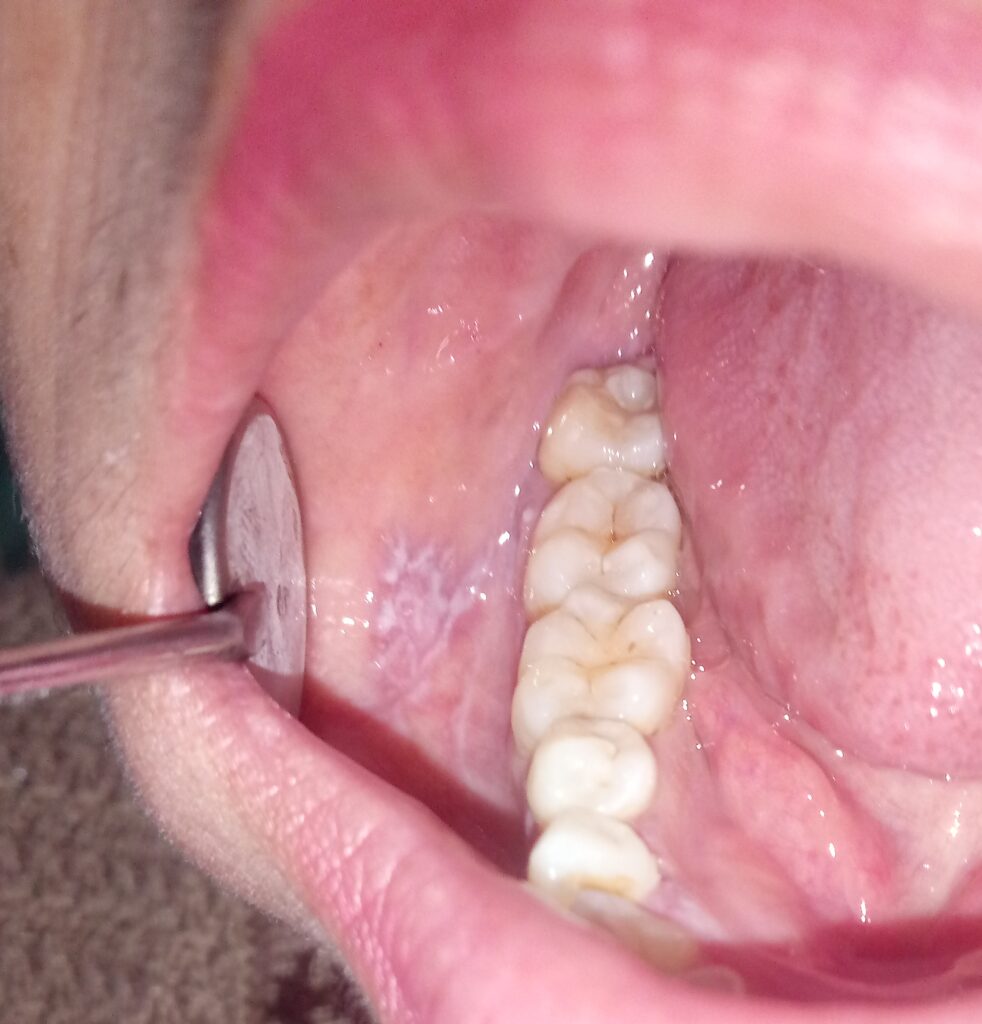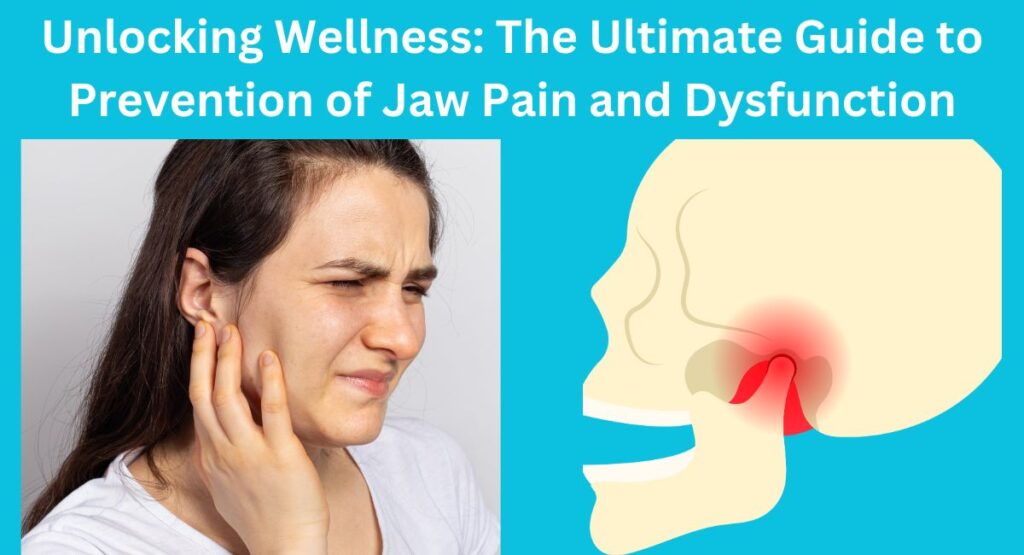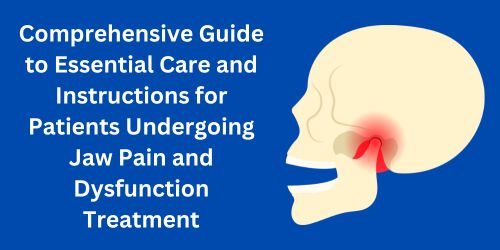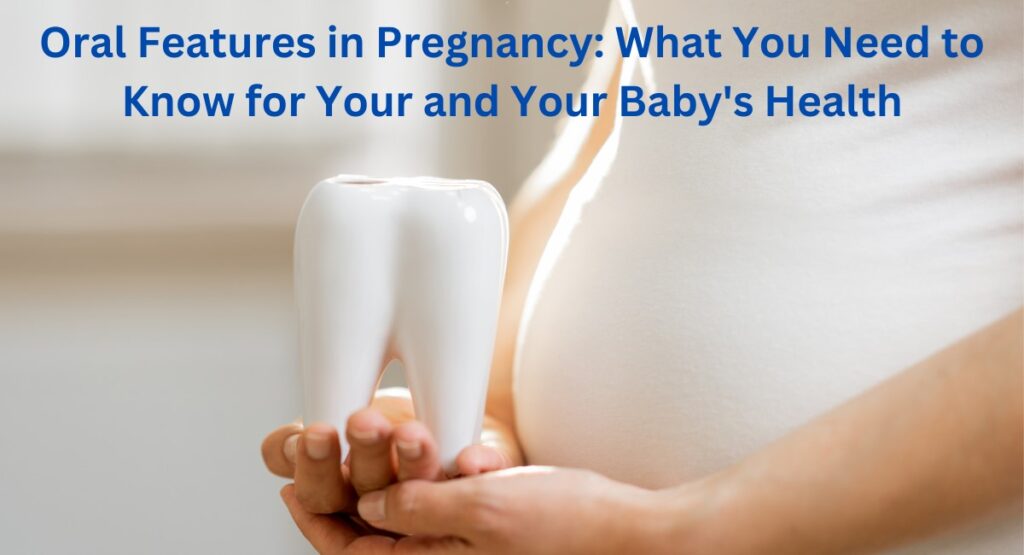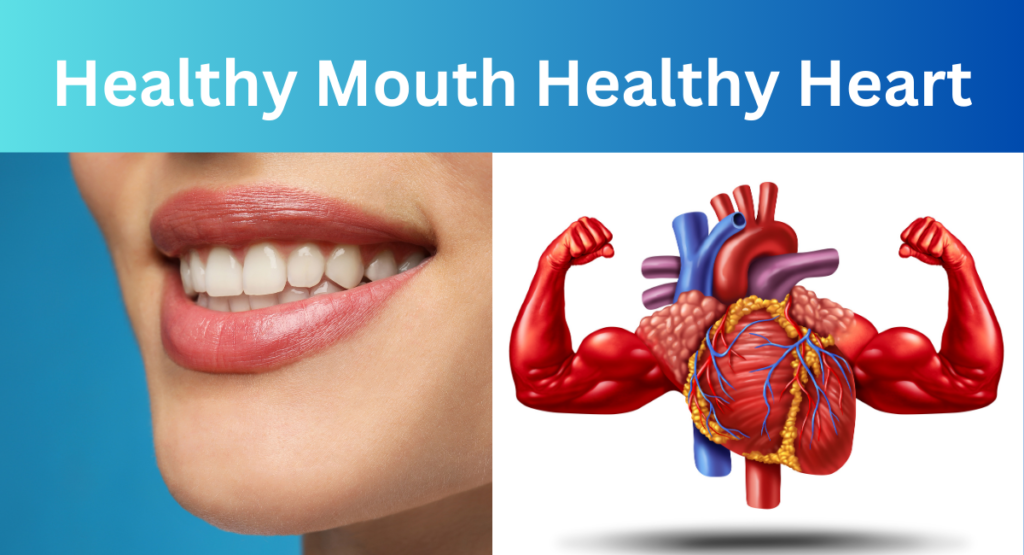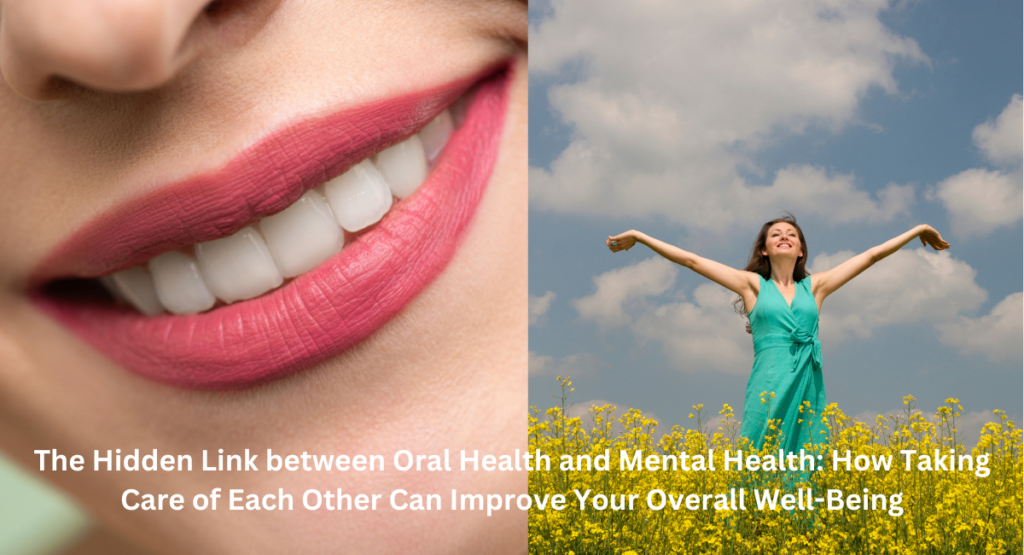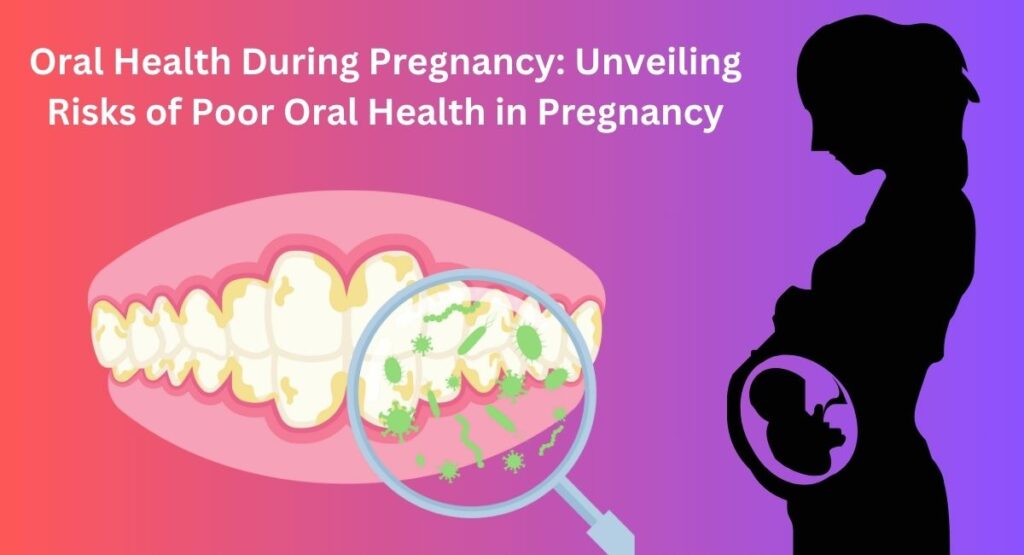
Oral Health During Pregnancy: Unveiling Risks of Poor Oral Health in Pregnancy
During pregnancy, oral health is a critical aspect that demands attention due to its potential impact on both the mother and the baby. This article delves into “Oral Health During Pregnancy” and underscores its significance for the well-being of both the expectant mother and the developing baby. While many aspects of oral care during pregnancy are known, understanding the specific risks connected with poor oral health is vital for ensuring a healthy journey. In this article, we explore the importance of oral health and what the risks associated with poor oral health in pregnancy mean for development and well-being of the baby.
The Impact of Poor Oral Health on Maternal and Fetal Well-being
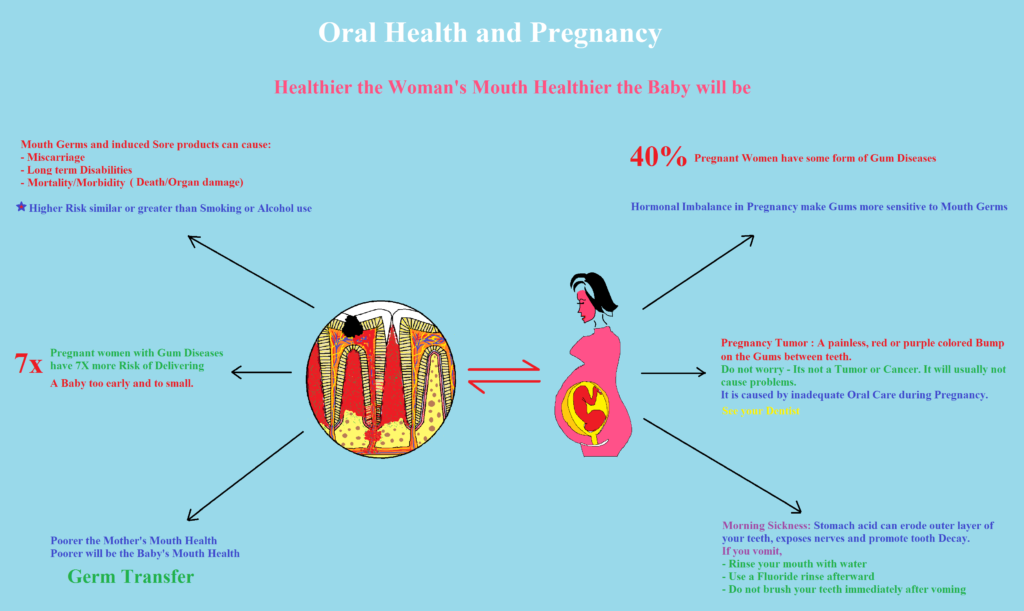
Risks Associated with Poor Oral Health in Pregnancy
The Significance of Oral Health during Pregnancy: Navigating Complications and Prioritizing Well-Being
Oral health plays a crucial role in pregnancy due to its potential connection with various health complications. Poor oral hygiene has been linked to a range of issues such as gingivitis, periodontitis, and dental caries. Research suggests that hormonal changes during pregnancy can exacerbate dental problems, leading to a significant impact on the overall health of pregnant women and their developing babies.
Navigating Oral Health Challenges: A Crucial Aspect of Pregnancy Well-being
During pregnancy, hormonal fluctuations and increased blood flow to oral tissues can make women more susceptible to oral problems like gum inflammation (gingivitis) and gum disease (periodontitis). These problems may cause discomfort, difficulty while eating, and even impact effective communication. Additionally, they can contribute to diminished self-esteem, ultimately affecting a woman’s overall well-being during this crucial time.
Explore in-depth information about oral challenges and effective solutions during pregnancy by delving into our article on ‘oral features in pregnancy: What you need to know for your and your baby’s health.’
Beyond the Mouth: Unveiling the Systemic Impact of Poor Oral Health
In addition to its immediate impact, poor oral health has far-reaching consequences, being linked to severe health conditions such as heart disease, stroke, diabetes, and respiratory infections. The bacteria originating in the mouth can infiltrate the bloodstream and reach various body parts, acting as potential catalysts for inflammation and damage in various parts of the body.
Conception Challenges: The Undisclosed Connection between Oral Health and Fertility
Beyond its implications for pregnancy, poor oral health can extend its impact to a woman’s ability to conceive. Studies have illuminated a noteworthy association, revealing that women grappling with periodontal disease face an increased likelihood of encountering challenges in conception and may also be prone to recurrent miscarriages.
Exploring the Impact of Poor Oral Health on Pregnancy through Immune Reactions and Labor Induction
In the realm of maternal health, poor oral health, specifically gum disease, emerges as a potential contributor to elevated risks of pregnancy complications. Research indicates a concerning connection wherein the bacteria responsible for periodontal disease could prompt an immune response, triggering an augmented production of specific fluids that may potentially induce labor.
Navigating Preeclampsia: Understanding the Intricacies of a Pregnancy Complication
Preeclampsia, a pregnancy complication distinguished by elevated blood pressure and the presence of protein in the urine, poses significant risks to both the expectant mother and the developing baby. This condition, typically arising after the 20th week of pregnancy, demands careful monitoring and medical attention due to its potential to escalate into more severe complications such as eclampsia, affecting multiple organ systems and potentially jeopardizing the health of both mother and baby.
Connecting the Dots: Oral Infections and the Heightened Risk of Gestational Diabetes
Oral infections, notably periodontal disease, have been intricately linked to an elevated risk of developing gestational diabetes during pregnancy. Emerging research highlights the potential influence of oral health on the development of gestational diabetes, emphasizing the importance of comprehensive dental care as an integral component of maternal health.
Navigating the Complex Impact: Poor Oral Health’s Role in Maternal and Fetal Complications
In the intricate landscape of maternal and fetal health, poor oral health during pregnancy emerges as a significant contributor to serious complications for both the mother and the baby. Microbes stemming from gum disease have the potential to enter the bloodstream, traversing to the placenta and posing a potential threat to the developing baby. Robust studies affirm that women grappling with poor oral health are at an increased likelihood of experiencing adverse outcomes, including preterm birth, the birth of low-weight babies, and tragically, stillbirth.
Safeguarding Maternal and Fetal Health: The Importance of Comprehensive Oral Care During Pregnancy
Optimal oral health, not only during but before conceiving, is paramount, necessitating steadfast adherence to good oral hygiene practices, regular dental check-ups, and professional cleanings. This diligence is not only for the pregnant woman’s well-being but also crucial for the health of the developing baby. Regular dental checkups and cleanings play a pivotal role in the early detection and treatment of any emerging oral problems, contributing to a healthier pregnancy overall. In addition to professional care, adopting a nutritious diet, practicing thorough brushing and flossing twice a day, and abstaining from smoking are fundamental practices that significantly aid in preventing oral health issues during pregnancy.
Read more in our article on oral care during pregnancy for in-depth insights. Quit smoking abruptly with guidance – check out our article on how to make the transition.
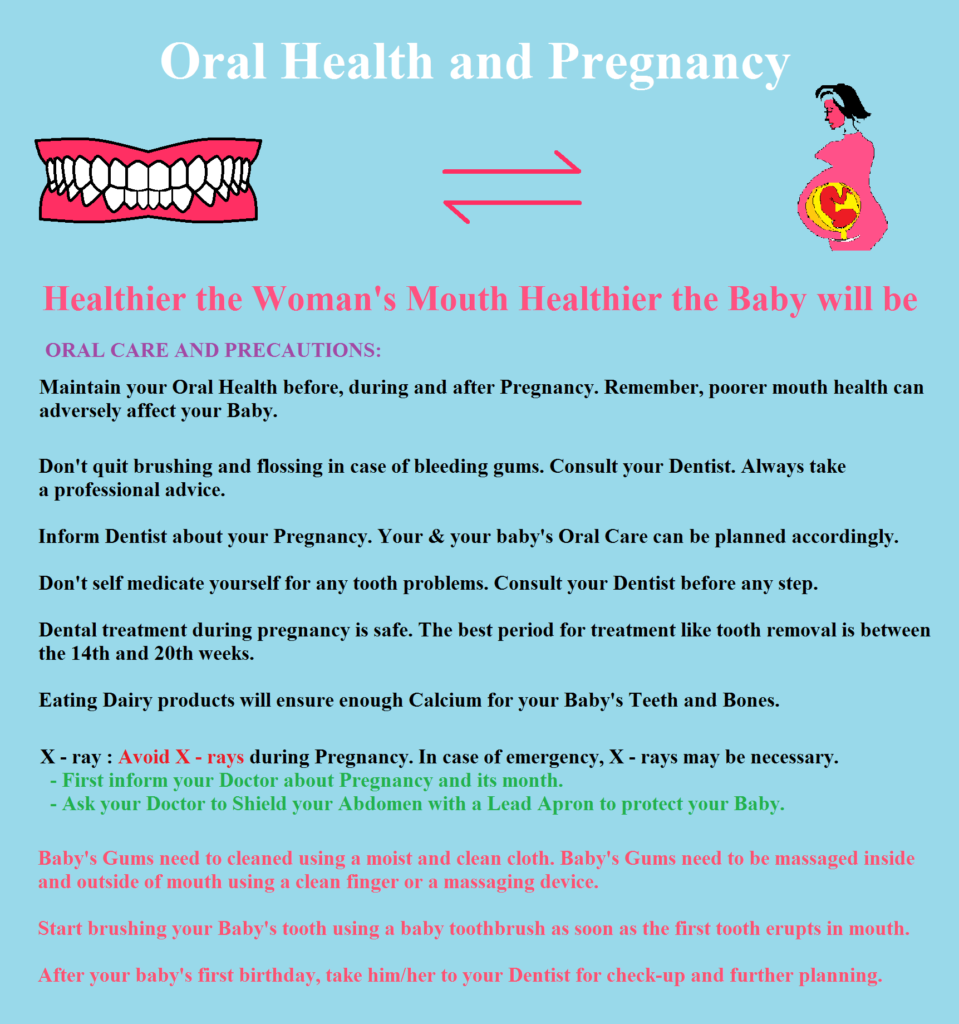
Oral care in pregnancy
Conclusion
Prioritizing good oral health during pregnancy is essential for the well-being of both the mother and the baby. By comprehending the risks involved and adopting preventive measures, expectant mothers can effectively navigate and minimize potential complications.
It’s crucial to remember that while this overview provides valuable insights based on current knowledge, seeking guidance from a healthcare professional is paramount. Personalized advice and care during pregnancy can best be obtained through consultation with a healthcare expert, ensuring the most tailored and effective approach for each individual.
FAQs
How does poor oral health affect my baby during pregnancy?
Poor oral health during pregnancy is associated with potential risks such as premature birth, low birth weight, and preeclampsia. Bacteria from periodontal disease can enter the bloodstream, potentially affecting fetal development.
What can I do to maintain good oral health while pregnant?
To maintain good oral health during pregnancy, it’s crucial to follow regular brushing with fluoride toothpaste, daily flossing, and the use of mouthwash under professional guidance. Additionally, scheduling regular dental check-ups during pregnancy is important.
Are dental treatments safe during pregnancy?
Many routine dental treatments are safe during pregnancy. However, it’s essential to inform your dentist about the pregnancy to ensure the choice of safe and appropriate treatment options for expectant mothers.
Can poor oral health lead to complications for the expectant mother?
Yes, poor oral health can lead to complications for the mother during pregnancy. Issues such as gingivitis, periodontal disease, and dental caries can potentially exacerbate existing health conditions or lead to complications such as infection, discomfort, and potential risks for both the mother and the baby.
How does hormonal changes during pregnancy affect oral health?
Hormonal changes during pregnancy can impact oral health, making pregnant women more prone to dental issues such as gingivitis and increased plaque formation. These changes may exacerbate existing oral health conditions, highlighting the importance of maintaining good oral hygiene practices during pregnancy.
Can I undergo dental X-rays while pregnant?
Generally, dental X-rays are avoided during pregnancy unless it’s absolutely necessary for urgent dental treatment. If a dental X-ray is deemed necessary, the dentist will take precautions to safeguard both the mother and the baby.


